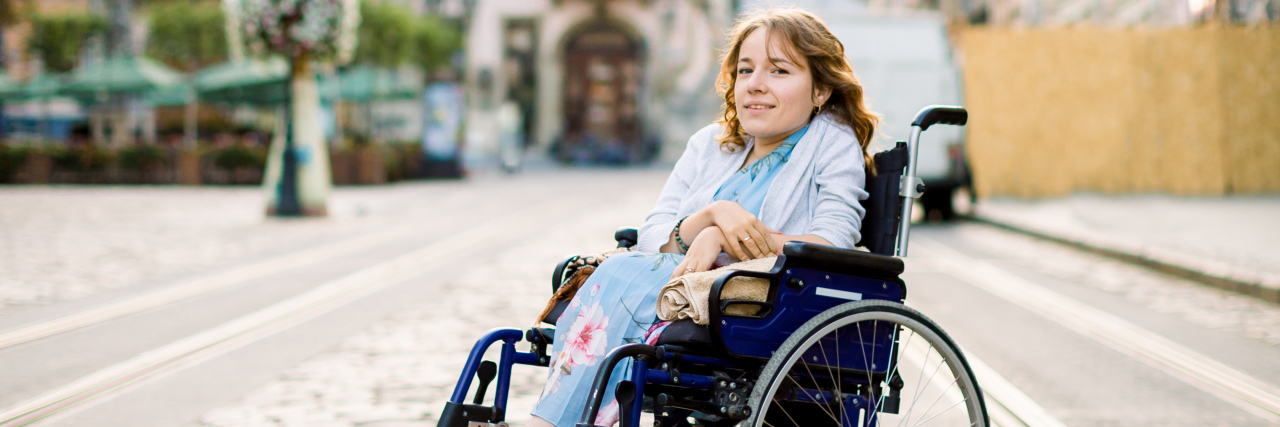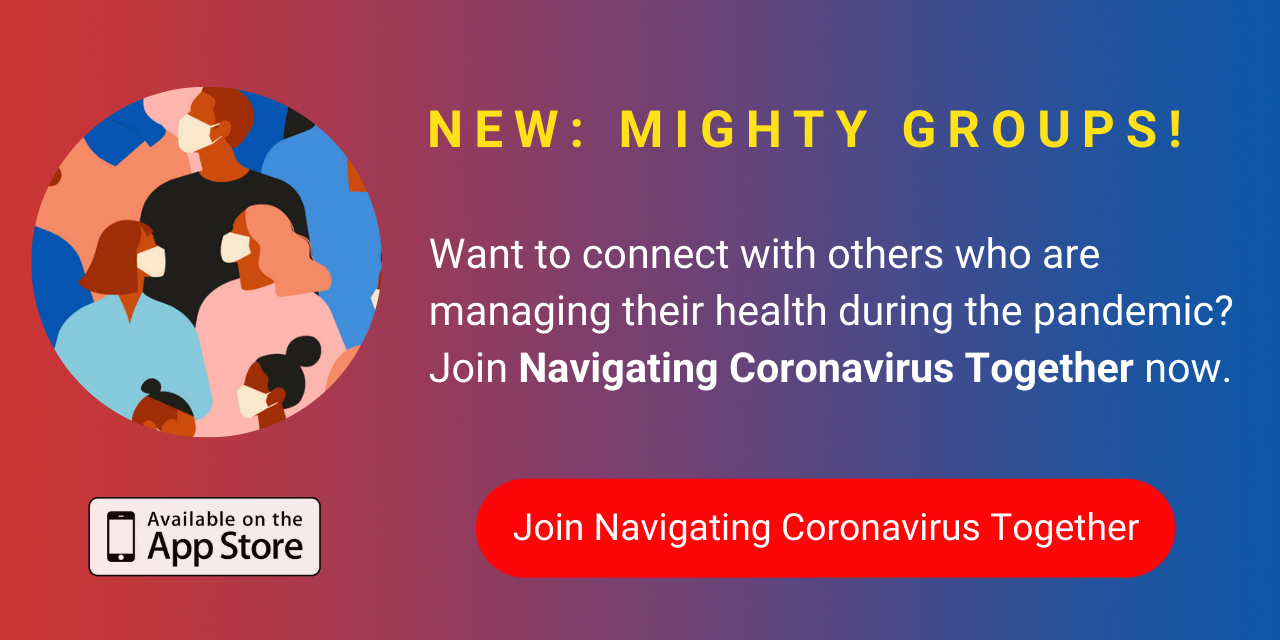A few days ago, I was talking with someone who told me she was sad because she was completing some paperwork for a child with multiple disabilities as part of her job in the life insurance industry. I asked her why that was sad. Her response was that she shouldn’t have to do that paperwork for someone “this young.”
I expressed to her that something like that shouldn’t be sad. Being disabled could be different and hard, but saying it is sad implies that disabilities are, as a whole, a sad thing – that being disabled is sad.
Living with my own disabilities, cerebral palsy and mental illness, I challenged her to see if she thought my life was sad. I asked her why this was any different.
In general, being disabled isn’t sad. Sure, it can be frustrating, different, difficult, you name it, but it’s not outright sad. Saying disability is sad implies that the disabled life is less than, inferior to, something to be pitied compared to the abled life.
When I mentioned this conversation to my sister-in-law, who has her masters in special education, she brought up the concept of sadness in the process of grief. Elisabeth Kübler-Ross’ stages of grief include 1) denial, 2) anger, 3) bargaining, 4) depression, and 5) acceptance. Because everyone grieves differently, the stages of grief aren’t necessarily experienced in a specific order, for a specific amount of time, or a specific intensity. These stages of grief allow for sadness as a response to a specific situation, not necessarily for such a broad concept such as disability as a whole.
Sadness due to grief in the context of mourning the loss of specific abilities and dreams makes sense, but overall, disability is not a sad thing. I think people begin to recognize that as they work towards acceptance. I know I work hard to not view my situation as sad because I know that will get me nowhere. Besides, I don’t want others to view my disabilities as sad either. If I don’t want others to view my life as sad, how can I allow myself to do the same?
Individually, it’s OK to be sad about dreams that may now be impossible and knowing your life, or your kids’ life, will not be what you imagined and hoped for. At the same time, getting stuck in sadness isn’t useful. Recognizing that disability brings hopes and dreams of its own is beneficial. Disability as a whole is not a sad thing.
Overall, labeling a disability as sad implies that disability is a negative thing. As individuals and society work towards accepting disability as neutral, just different in some ways like any other trait, the disability community will gain the respect it deserves.
The intrinsic value of people with disabilities is the same as those without. The problem comes when society struggles to recognize us as equal, even 30 years after the ADA was signed into law.
Being disabled can be hard due to the barriers both physical and created by societal perceptions, but hard does not equal sad. While still having inaccessible buildings is sad, the disability prohibiting entrance is not inherently sad.
Fundamentally, disability is not sad. The disabled community is comprised of human beings and our value has always been equal to able-bodied people.
Disability doesn’t deserve pity. What deserves pity is the refusal of society to recognize us as equal, creating unnecessary barriers day after day, and saying our lives are sad.
Call disability frustrating, different, difficult, but please don’t call it sad.
Photo via Getty images.


